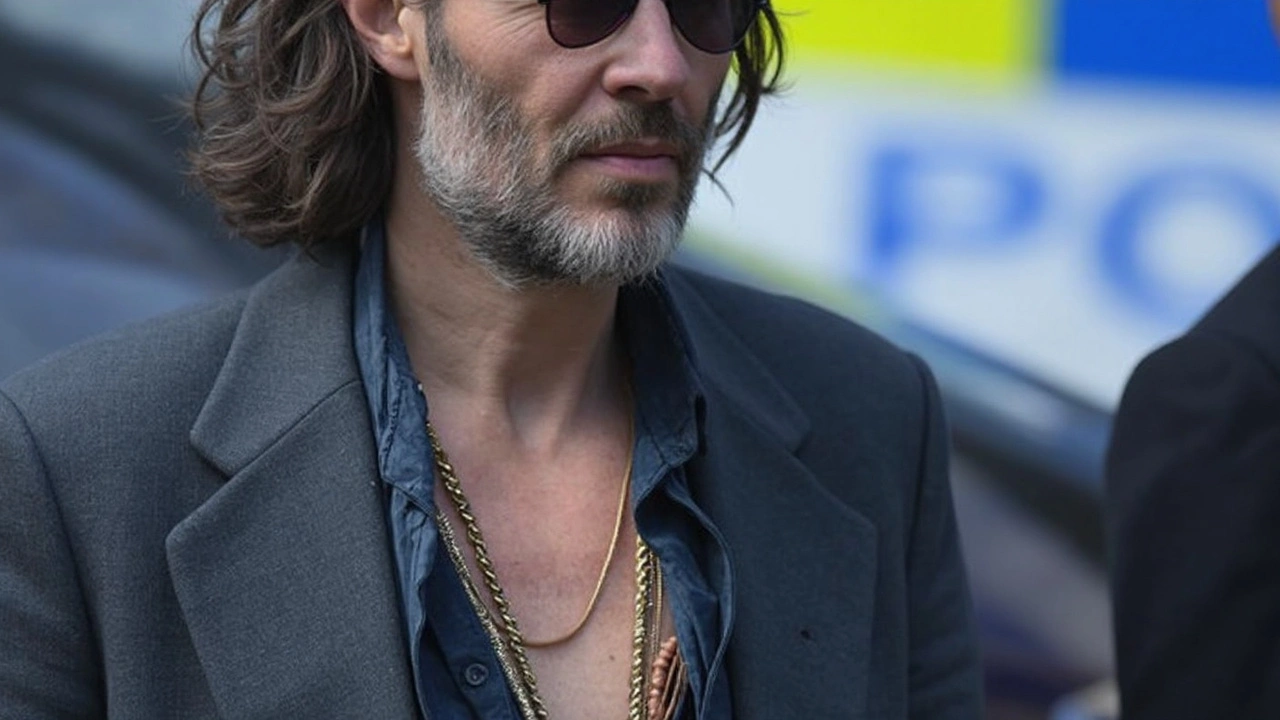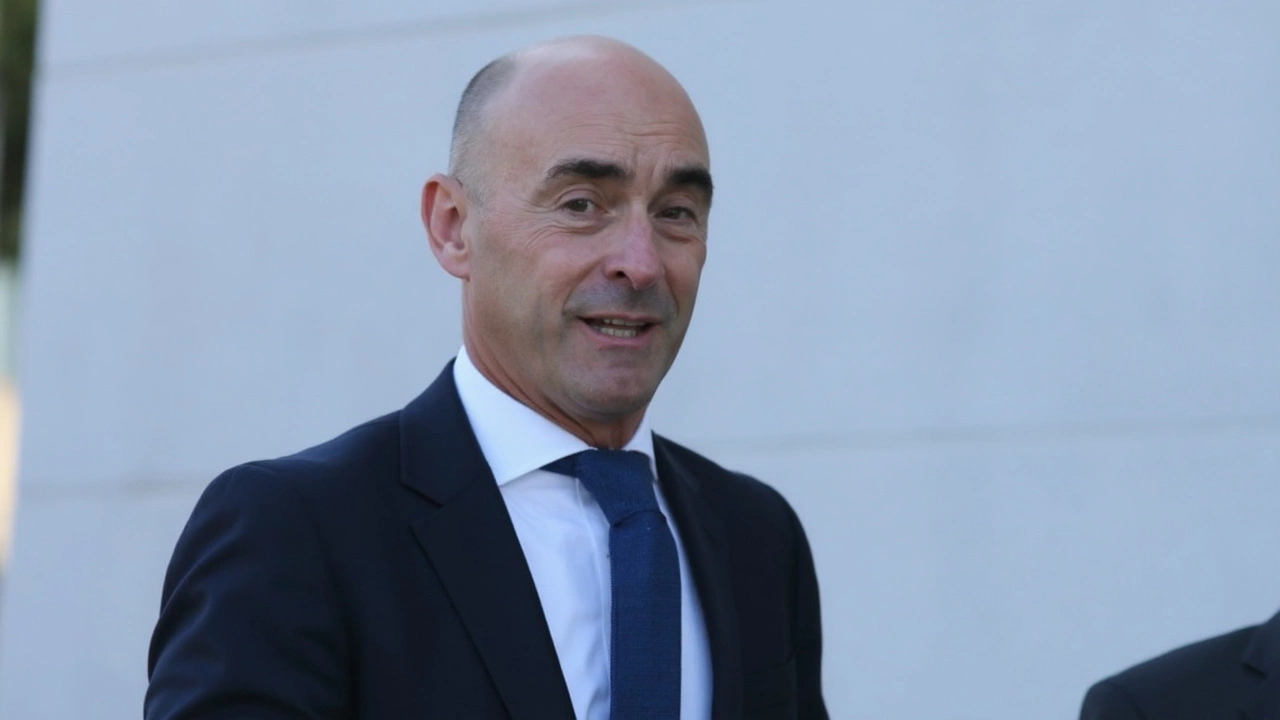Sexual Assault: What It Is, How to Spot It, and Where to Get Help
Sexual assault is any unwanted sexual contact or behavior that forces someone into a situation they didn’t agree to. It can happen anywhere – at work, online, on the street, or even in a familiar setting. Understanding the basics helps you protect yourself and support friends who might be dealing with it.
Know the Signs and Types
Assault doesn’t always look like a violent scene in a movie. It includes forced kissing, unwanted touching, sexual harassment, and non-consensual sharing of intimate images. If someone says "no," that means no, even if they later say they "changed their mind." Trust your gut: if a situation feels off, it probably is. Signs of an assault can be physical – bruises or injuries – or emotional, like anxiety, shame, or sudden changes in behavior.
How to Stay Safe and Support Others
Staying safe starts with simple habits: keep your phone charged, let a friend know where you’re going, and set clear boundaries. If you see someone in a risky situation, step in if you can, or call for help. When a friend confides in you, listen without judgment, believe them, and help them find professional help. Offering a calm space and reminding them they aren’t alone makes a huge difference.
Reporting an assault can feel scary, but it’s a powerful step toward justice. In the UK, you can call the police on 101 or 999 in emergencies. Many universities and workplaces have dedicated reporting portals and support teams. If you or someone you know prefers anonymity, hotlines like the Rape Crisis helpline (0808 802 9999) are available 24/7.
Professional support is essential. Rape Crisis Centres offer counseling, legal advice, and medical referrals. You can also reach out to your GP for a confidential discussion and get a referral for therapy. Online resources such as the NHS website provide guides on what to expect after a report and how to manage the emotional aftermath.
Remember, recovery isn’t linear. Some days will feel better than others, and that’s normal. Encourage self‑care activities like walking, journaling, or creative hobbies. If you notice signs of depression or thoughts of self‑harm, seek immediate help from mental health services or call Samaritans at 116 123.
Education is a key weapon against assault. Talk openly about consent with friends, family, and partners. Use clear language: "Do you want to ...?" instead of assuming. Schools and workplaces are rolling out consent workshops – join them. The more people understand what consent really means, the fewer gray areas remain.
Finally, don’t underestimate the power of community. Support groups, both in-person and online, let survivors share stories and coping strategies. Websites like iContribute and local charities often host meet‑ups. Being part of a supportive network reminds you that you’re not facing this alone.
Sexual assault is a serious issue, but knowledge, vigilance, and compassion can cut its impact. Stay informed, trust your instincts, and reach out for help when you need it. Together we can create safer spaces for everyone.

Russell Brand Pleads Not Guilty to Rape and Sexual Assault in UK Court as High-Profile Trial Looms
Russell Brand, the British comedian and actor, pleaded not guilty to several serious sexual offense charges at a London court. The allegations span from 1999 to 2005 and involve four women. His high-profile trial is set for June 2026 and will last several weeks.
View more
Luis Rubiales Convicted for Assaulting Jenni Hermoso During World Cup Triumph
Luis Rubiales, ex-president of Spain's soccer federation, was convicted for sexually assaulting player Jenni Hermoso at the 2023 Women’s World Cup celebration. He received a fine and a restraining order. Although acquitted of coercion, the incident damaged his career and sparked wider discussions about sexism in sports.
View more